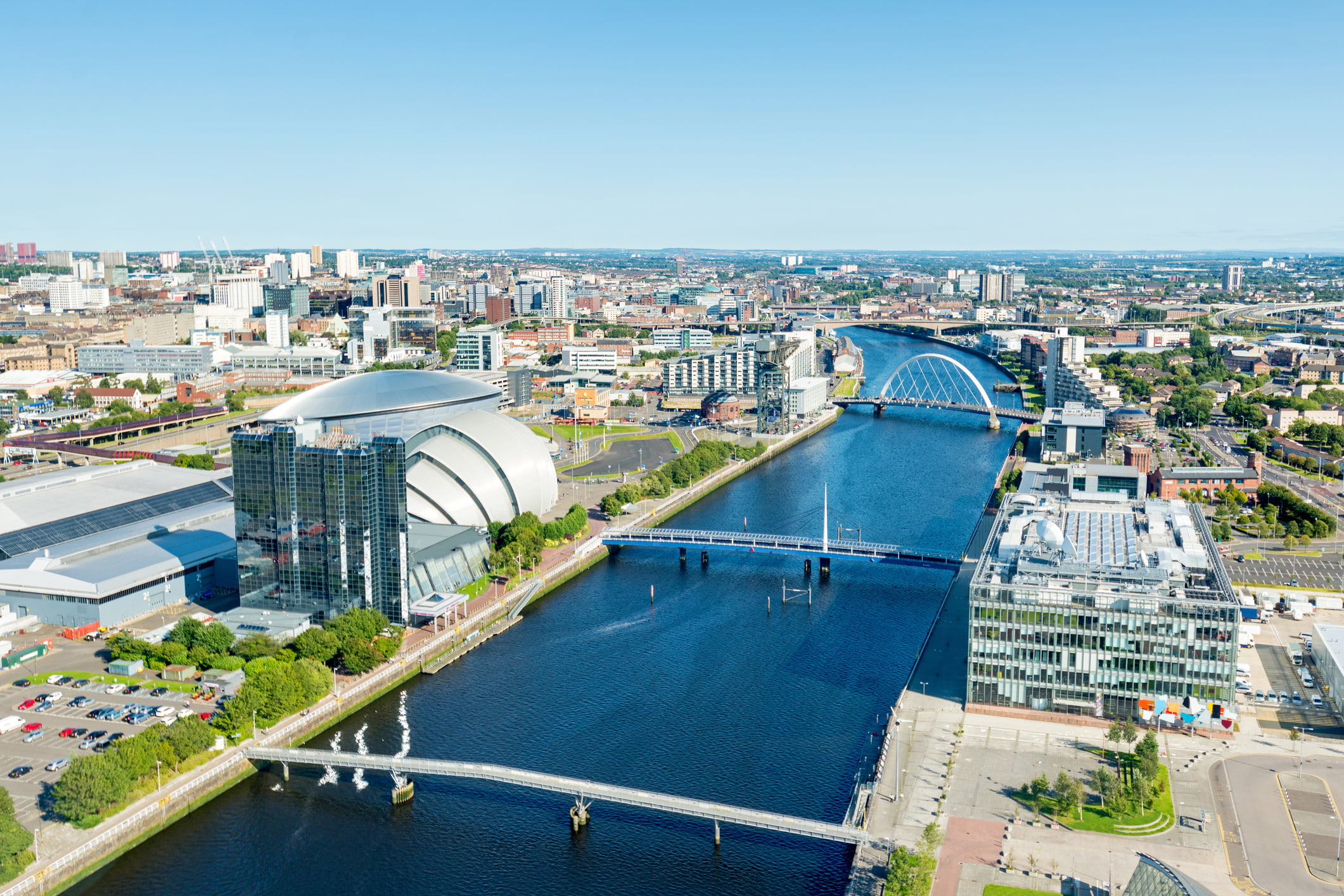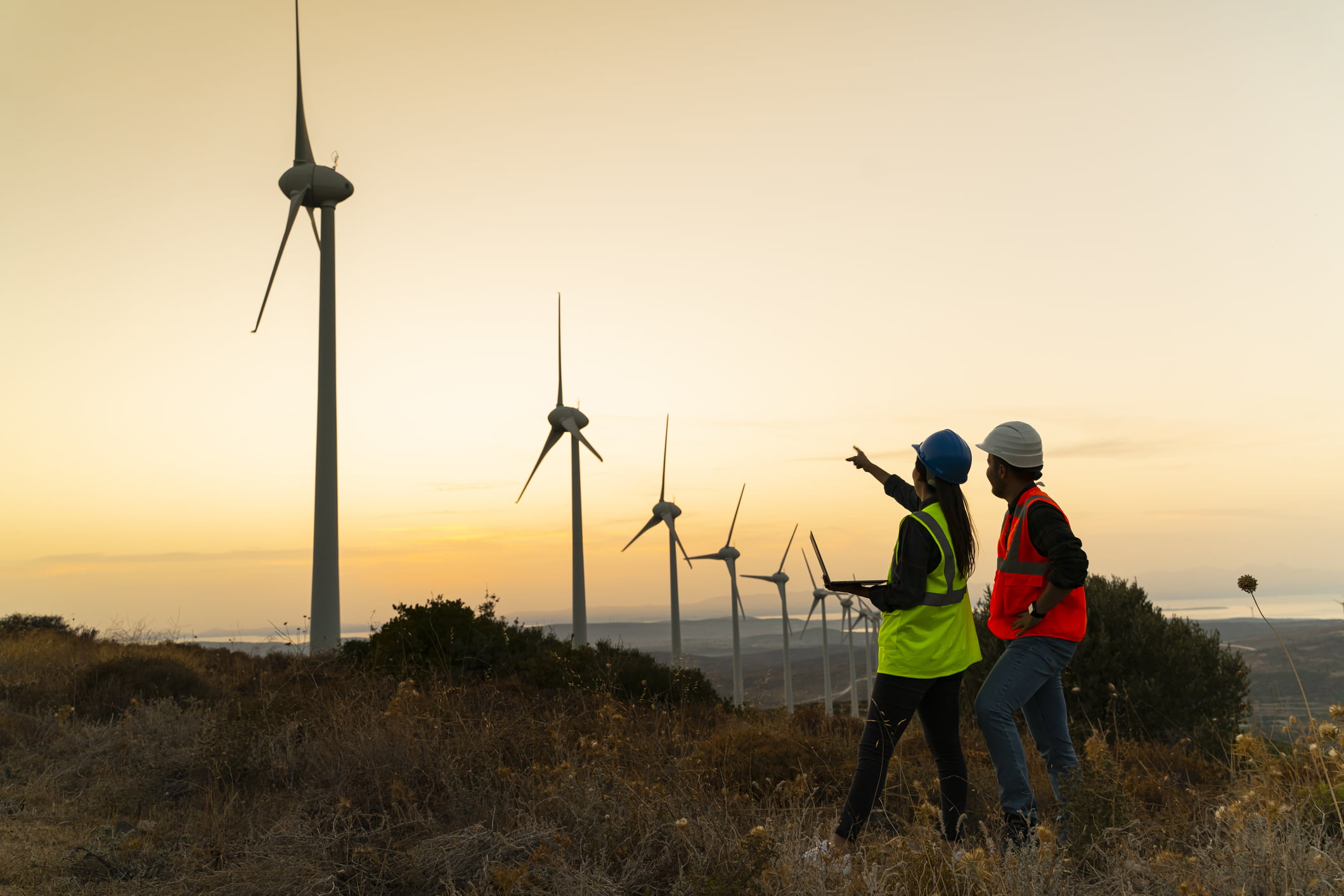Following COP26, the UK Government’s HM Treasury has confirmed that by 2023, all firms will have to have created and published detailed plans for how they intend to hit climate targets to transition to net zero, in line with the UK’s 2050 target. While these commitments will not be mandatory, they will have to be published in an aim to increase transparency and accountability.
Explainer: Net zero is when a business or a country achieves an overall balance between the amount of carbon it is emitting and the carbon that it’s removing from the atmosphere.
During COP26, which addressed the phase out of coal, the transition to zero emission vehicles, increased finance to support clean energy access in developing countries and an end to deforestation, there were many commitments to mitigate climate change from across the world. In total, 450 firms controlling 40% of global financial assets – equivalent to £95 trillion – have agreed to commit to measures to limit global warming to 1.5°C. Read more about our response to COP26 negotiations.
Organisations’ net zero plans will need to outline the changes to their business model, including skills, financial expectations and how they plan to support employees. It should help safeguard against greenwashing, a term used to describe the activities of companies that provide a misleading impression of how their products or processes are environmentally sustainable.


